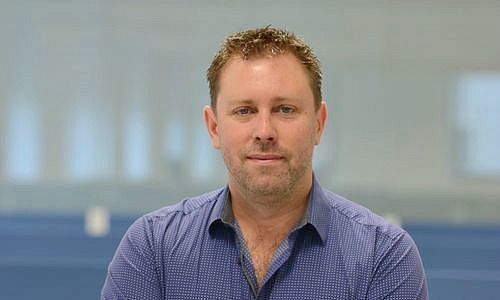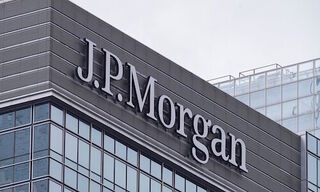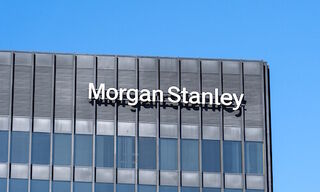International money transfers are great business – and very costly for customers. Living as an expat in London, Brett Meyers got so fed up about being charged huge sums, he decided to do something about it.
The story of Brett Meyers isn't that unusual, but typical for a trend that has the potential to upset the traditional way of doing business in the financial industry.
Meyers is one of thousands of Australians living and working in Europe – first settling in London, later in Dublin, where he stayed for good. As an expat, he frequently needed to make international money transfers. Angered about the hefty fees demanded for such payments, he decided to organize a quick-fix for his problem and arranged for a cash exchange with friends on an informal basis – a win-win.
A Programmer Turned Entrepreneur
The IT-expert sensed the potential in eliminating the costly transfers across borders. Working for the IT department of J.P. Morgan in Dublin, he had the technical knowledge needed to put into practice what was but an idea.
Eight years ago, Meyers got together with three friends and bought electronic gear worth £40,000, he explained in an interview with finews.com. They started developing in earnest a business that was finally launched a year later, in the summer of 2009.
How It Works
CurrencyFair was the name they chose for the company and with half a million pounds in initial funding, they started offering their services in May 2010. Their business has developed since steadily and the firm recently broke through $1 billion barrier in transactions processed using its system.
The way the business works is simple enough: customers of CurrencyFair open an account at the company – formally it's more of a wallet that is part of a collective account – and feed it with the currency of their choice. Once they want to send money to a country with a different currency, the money isn't actually sent to the other country, but paid to the recipient out of the CurrencyFair account in the target country.
Business Success
The business has turned out to be a success: the company in November announced the completion of its latest funding round, adding 8 million euros from existing investors Octopus Ventures and Frontline Ventures.
CurrencyFair today has 100 employees, most of them based in Dublin, with one branch in Australia to secure a 24-hour-presence.
Betting on Currencies
Earlier this year, the company hired Nils Andém as chief marketing officer. He used to work for Swedish betting firm Unibet – which goes to explain what CurrencyFair is also about.
Customer don't only profit from cutting out the transfer of money across borders, but they also get to bet on the future development of their own currency. If they have the time to wait for the transfer to go through, they can ask online for a specific exchange rate and hope to find a match. This functionality comes pretty close to investing in equities, where a certain risk is also involved.
Enormous Market
CurrencyFair is small fry given the enormous size of the market. Migrants for instance sent $432 billion back to their (developing) countries last year, according to World Bank statistics. They had to pay an average 7.4 percent of the amount in fees and commissions to the companies executing the deals – or a total of almost $32 billion.
Customers who relied on banks or companies such as Western Union didn't have too many options to rely upon.
Hawala: Illegal, But Popular
The Muslim diaspora for instance uses the Hawala system, based on an informal network of business people. Here too there is no money flow across borders. The payments instead are recorded by the matchmakers and made up for by subsequent deals, be they through money exchanges or goods trading.
Hawala is illegal in the Western world, because the dealers don't submit to regulation and don't normally check the background of their customers or funds. Still, CurrencyFair doesn't offer an alternative for that clientele.
For the Developed World Only
Meyers and his people focus on the developed world, because only between those countries there is a regular flow of money in both directions, enabling the business to work as intended. Africa for instance isn't being served – apart from South Africa – and it won't be either.
Meyers plans to start doing business in the U.S. instead. Hitherto, the company has not done so because the regulatory demands are relatively arduous for a small company in financial services. Now that there is new money available for development, the move is likely to be made.
New Management
CurrencyFair prefers to remain a niche provider, because the risks involved in doing business with countries that have a weaker infrastructure are substantial in relation to the expected benefits.
After six years of brisk business, Meyers has now decided to take on a new role as chief strategy officer. CurrencyFair has hired Paul Byrne as CEO, Ruth Fletcher as CFO and Sylvie McDermott as chief product officer.



























